Every parent someday or other faces questions like Which Indian Education Board he should choose for his child, How to find the right one, How many types of Boards are available here, etc. Here in this blog, an attempt is made to represent core understanding of the similarities, differences, advantages and limitations of the different educational board options available.
Why it is important to know about Indian Education Board (s)
Month of October and November is very crucial for any parent. These are the months in which we need to take very important and wise decision for our child. This is the time when the forms of various schools for admission are filled for the session starting from April next year. Parents are completely busy in filling the admission form of the selected schools for their child. But before selecting right school for our children we must know right education board as well.
Education Board plays a very vital role in deciding and selecting career in future for our child. Now it is time to understand the each type of education board and educational programme available in India at the present time. It is equally important to consider pros and cons of each and every education board and select accordingly.
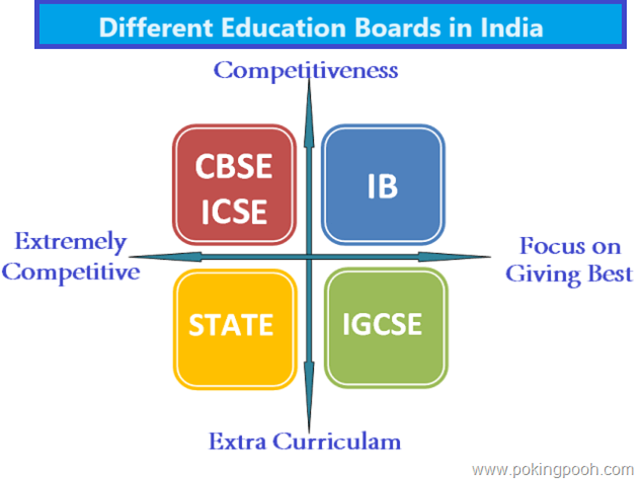
India is a country where almost all parents want their children to become either engineers or doctors and only few figure out what their children wish to become. This stereotype thinking maybe because lack of awareness. But this thinking of parents are not at all acceptable as per the current situation of changing world. Parents must know and develop an understanding about different education boards, which are liable to guide our children in today’s educational scenario in India as well as abroad too.
Different Types of Indian Education Board(s)
India is structured with three domestic education boards – CBSE, CISCE (ICSE, ISC) & State Boards and two international education boards – IGCSE & IB. Indian Schools offer both Indian and International Syllabi that is:
- CBSE (Central Board of Secondary Education)
- CISCE (Council for the Indian School Certificate Examinations)
- State Board (State Government Recognized Board)
- IB (International Baccalaureate)
- IGCSE (International General Certificate of Secondary Education (IGCSE) Cambridge University)
CBSE Board – Important Features
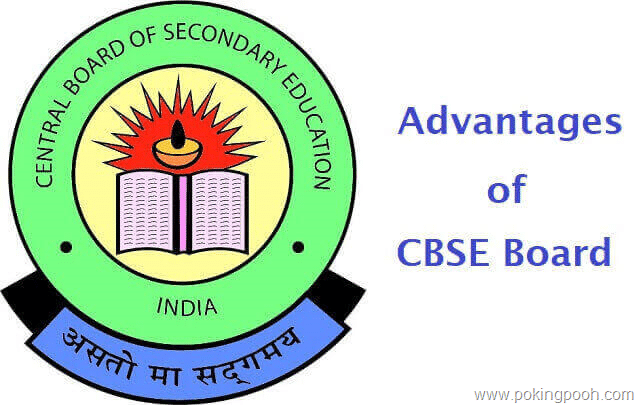
- Kendriya Vidyalayas, Jawahar Navodaya Vidyalayas, Private schools and also most of the schools approved by central government of India are affiliated by CBSE.
- Examination Model – All India Senior School Certificate Examination(AISSCE) – Class 10 & 12
- It is a board which primarily focus on Science and Mathematics which are application based subjects.
- CBSE has a huge number (almost 14808) of Affiliated Schools
- CBSE operates in nearly 25 Countries including India, Dubai, Malaysia, etc.
- Major engineering Institutes in India such as IIT, AIPMT take CBSE based entrance exams
- CBSE recommends NCERT text books for (Grades 9 to 12) and the competitive exams like IAS /IFS and other governmental exams are based on NCERT textbooks.
Read more about CBSE board in detail
CISCE (also known as ICSE) – Important Features
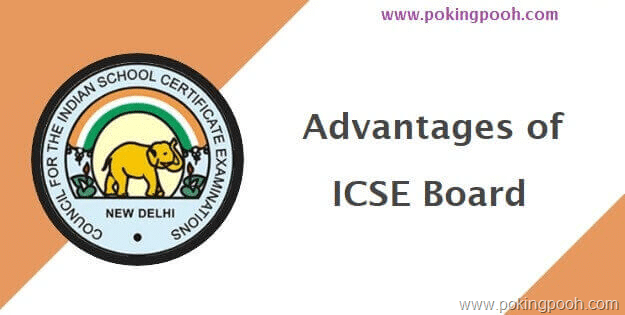
- CISCE is a national level, private, non-government School education Board in India. It was established in 1958.
- Examination Model: This Board conducts 3 examinations, that is
- ICSE (Indian certificate secondary education) exam – class 10
- ISC (Indian school certificate) exam – class 12
- CVE (Certificate for vocational education) exam – class 12
- CISCE has approximately 2000 schools affiliated with its Board.
- CISCE operates in many Countries including India, UAE, Singapore, Indonesia, etc.
- Every candidate must study English (compulsory), with three, four or five elective subjects and must have been evaluated internally by the School and secured a pass grade in SUPW (compulsory).
- C.V.E examination can be taken by candidates after a two year course of studies. The C.V.E. course is proposed to prepare candidates for precise vocations.
- It focuses on overall growth of students. Syllabus is broad, covers a variety of topics.
- Syllabus is tough comparatively.
- It is difficult for students in shifting to other boards or Pre-Science Colleges (11-12 Standards)
Read more about CISCE / ISCE board in detail
International Baccalaureate (IB) – Important Features
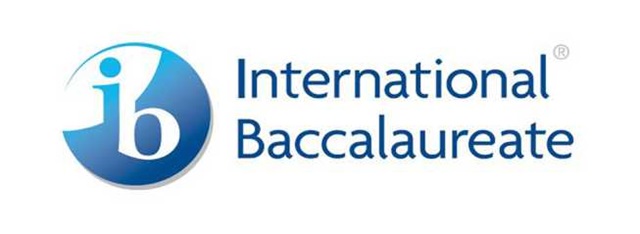
- International Baccalaureate (IB) is an international education board founded in 1968 and has its headquarters in Geneva, Switzerland.
- Examination Model : It provides 3 educational programs, that is
- Primary year program for KG to Class-5
- Middle year program for Class-6 to Class-10
- Diploma program for Class-11 and Class-12
- It has a low number of affiliated schools (nearly 140) in India. However, the Number of affiliated schools worldwide (nearly 4,700) is quite impressive.
- It operates in India as well as 144 foreign countries like USA, UK, Australia, etc.
- International Board is recognized by Universities worldwide.
- It is recognized by UNESCO, OIF and Council of Europe.
- Best option for the parents who are NRI, or are planning to move abroad.
- IB schools are found only Tier-1 cities of India
- Difficulty in finding books specially in India.
Read more about International Board in detail
IGCSE – Important Features
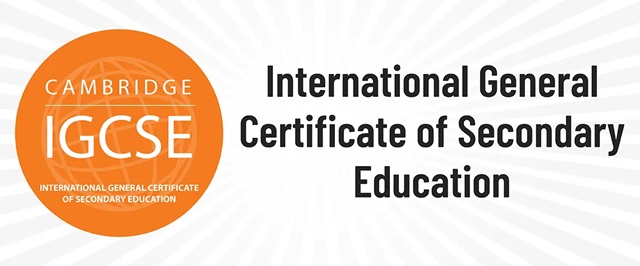
- International General Certificate of Secondary Education (IGCSE) is basically an English language curriculum which is presented to students to prepare them for International Baccalaureate and CIE A-level.
- The IGCSE is mainly exam-based that is they are not actual certified “courses”, but almost like exams that check knowledge in individual subjects in the same way as Advanced Placement exams and SAT Subject Tests.
- It is suitable for those who are seeking a qualification but has no time to attend full-time school classes.
- Examination Model
- Cambridge Primary – for age between 5 to 11 years.
- Cambridge Secondary 1 and Cambridge Secondary 2 – for age between 14 to 16 years.
- Cambridge Advanced – for age between 16 to 19 years.
- It also has a low number of affiliated schools (nearly 350) in India.
- It operates in India as well as 144 foreign countries like USA, UK, Canada, etc.
- IGCSE is recognized by Universities worldwide.
- Advanced curriculum and variety of subjects to choose from.
- Suitable for those who are seeking a qualification but has no time to attend full-time school classes.
- IGCSE schools are found only Tier-1 cities of India.
- It is difficult for students in shifting to other boards.
- Difficulty in finding books specially in India.
Read more about IGCSE Board in detail
State Board – Important Features
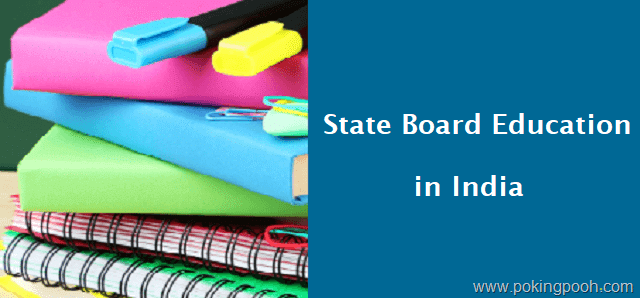
- State board examinations are referred to as Madhayamik, Secondary State Certificate and Higher Secondary Certificate examinations. Examinations are conducted and managed by education board of different states in the country.
- Examination Model
- SSC: Secondary School Certificate, 10 Board Exams.
- HSC: Higher School Certificate, 12 Board Exams.
- Every State and Union Territory of India operate their own state boards.
- Good Option for parents who are not in transferable jobs.
- Books are easily available.
- Comparatively low Fee.
- Opportunity to explore in extracurricular activities
- Reserved seats within the state recognized colleges for the students qualified with same board.
- Lack of facilities
- State government responsible to maintain the quality of education for its state board. Priorities change with change of government.
Suggested Articles: Read more about State Boards in detail CBSE Vs ICSE Board Difference- What is it, Advantages Blockchain Technology in CBSE | Verification Using Blockchain


